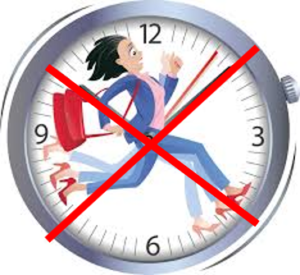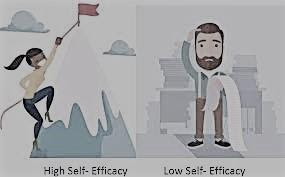 If you procrastinate, you’re not alone. A highly-cited study found 80-95 percent of college students procrastinate with regard to their academics (and this study was done before social media and smart phones became major distractions). But, do you know why you procrastinate?
If you procrastinate, you’re not alone. A highly-cited study found 80-95 percent of college students procrastinate with regard to their academics (and this study was done before social media and smart phones became major distractions). But, do you know why you procrastinate?
A common misperception is that procrastination is due to an inability to manage time. Mounting evidence, however, links procrastination to mood. Do you wait until the last minute in order to reap a euphoric rush? Do you put off tasks because of fear of failure or even fear of success? Are you unable to make a decision, which absolves you of responsibility for the outcome? Recognizing that procrastination is an emotional regulation problem, rather than a time management issue, is a good first start to overcoming procrastination. But, what’s next?
Some universities have “procrastination coaches” to help students become mindful and provide tips that work for students to become more productive. The skills developed in mindful meditation include concentration, non-judgment, and calmness in difficult situations. Mindful meditation helps with emotional regulation in reducing procrastination and improving productivity.
If your university does not offer procrastination coaches, you can get help on becoming more mindful in different ways, including apps. For example, check out the best meditation apps of 2019, including Headspace and Insight Timer.
Also, some tips to reduce procrastination that might work for you include:
1. Get organized. Have the tools and materials readily available to complete the task at hand.
2. Use a planner and make lists. Write down your tasks and deadlines in a place that’s easy to access at any time.
3. Break up big tasks into smaller components. This makes a large task more manageable and provides a meaningful sequence of what to do first, second, etc.
4. Apply the Premack Principle to yourself. Get the hardest things (or what you dread most) out of the way first and then reward yourself with something you enjoy doing.
5. Get at the underlying emotional reason as to why you’re procrastinating.











